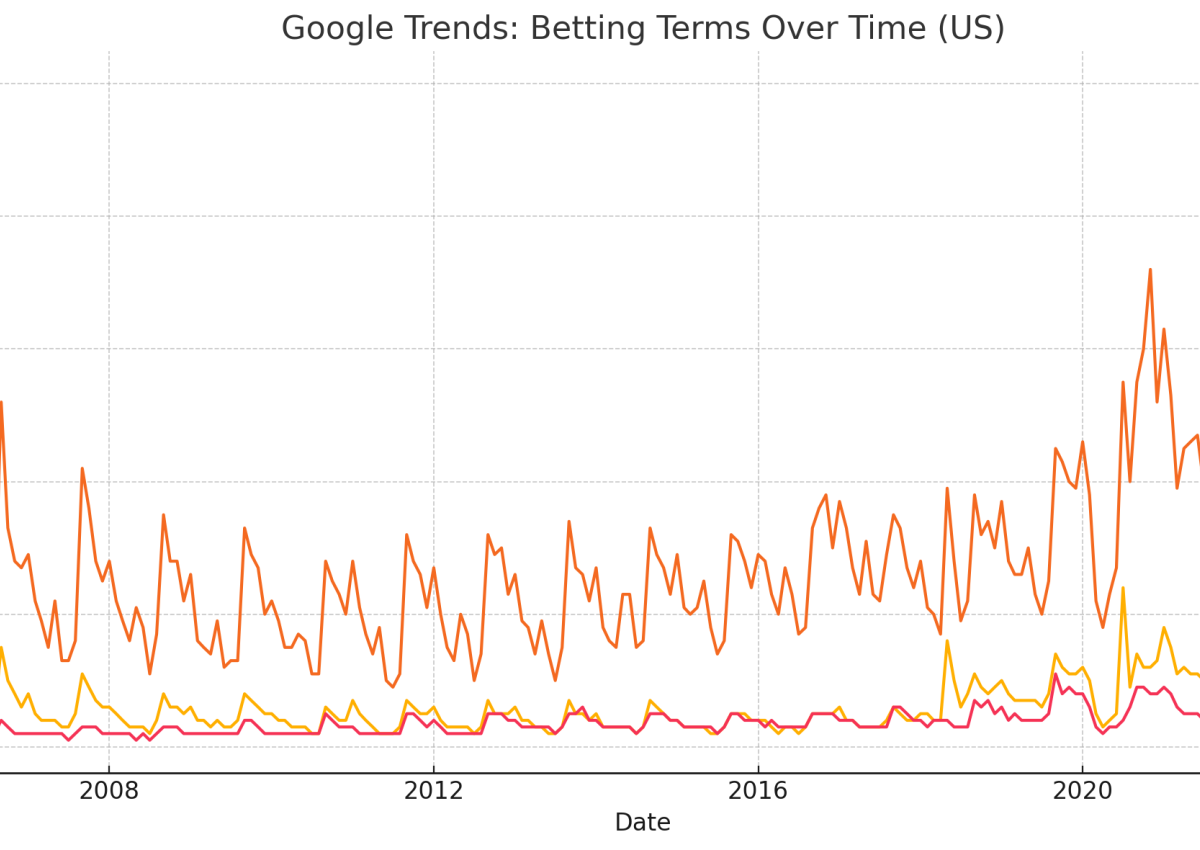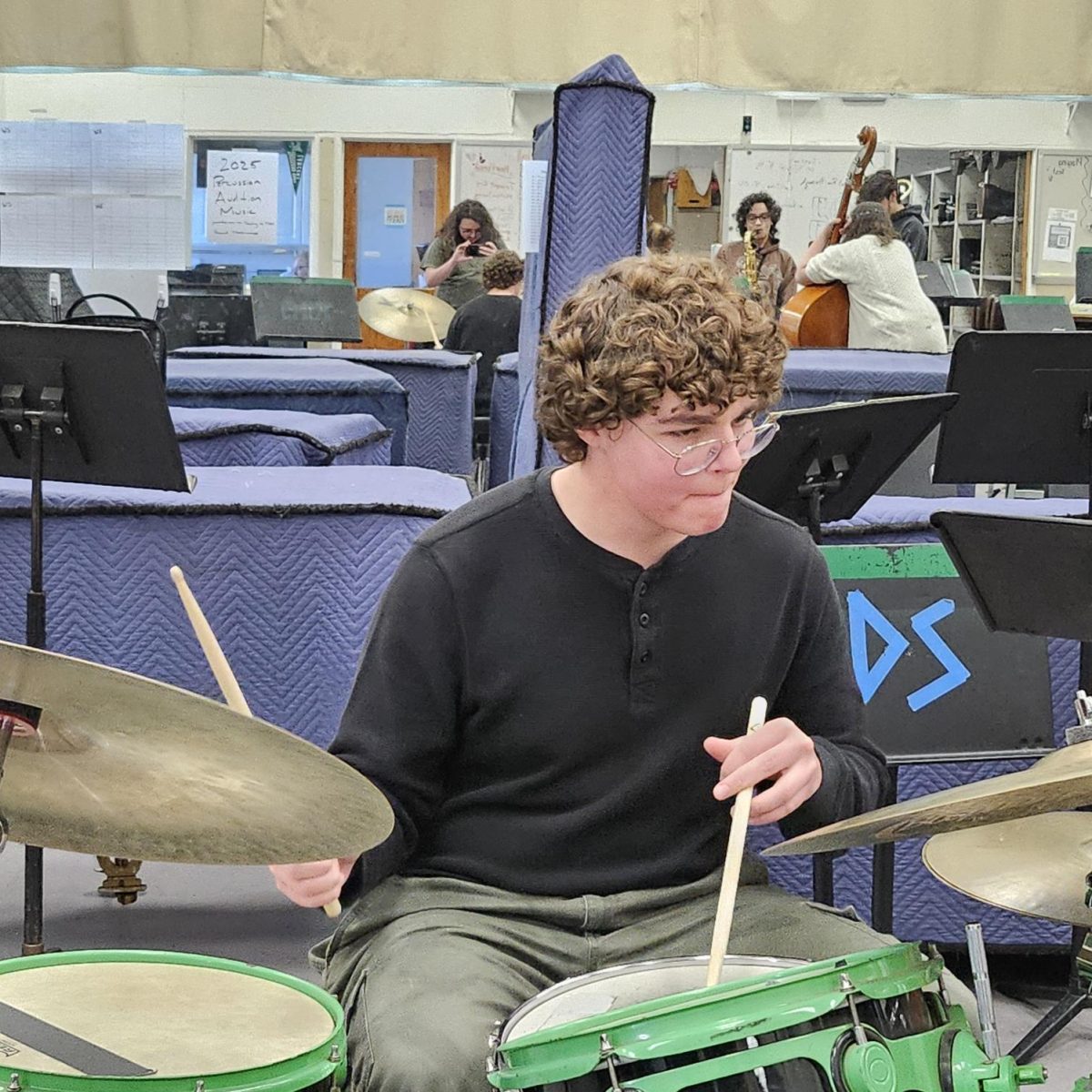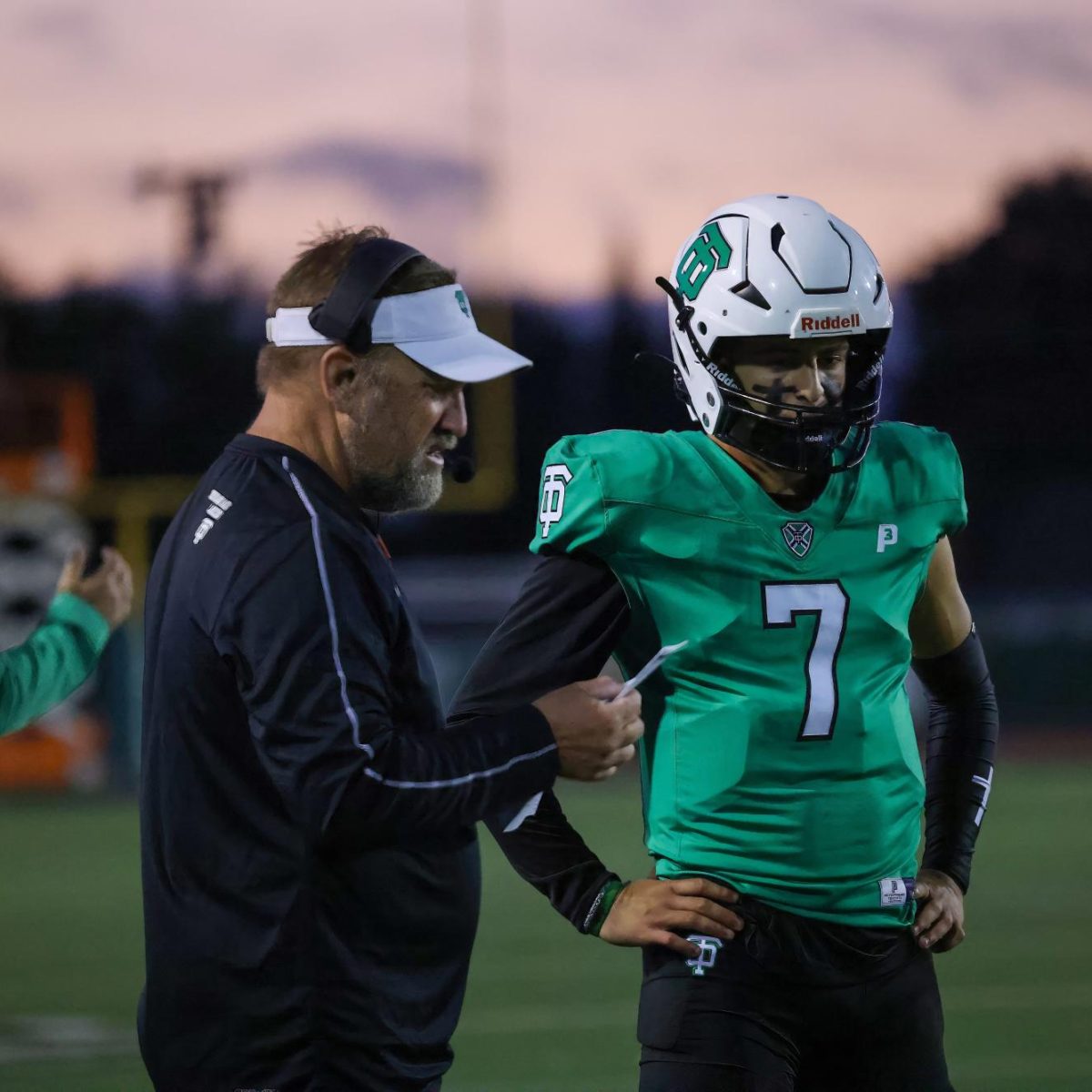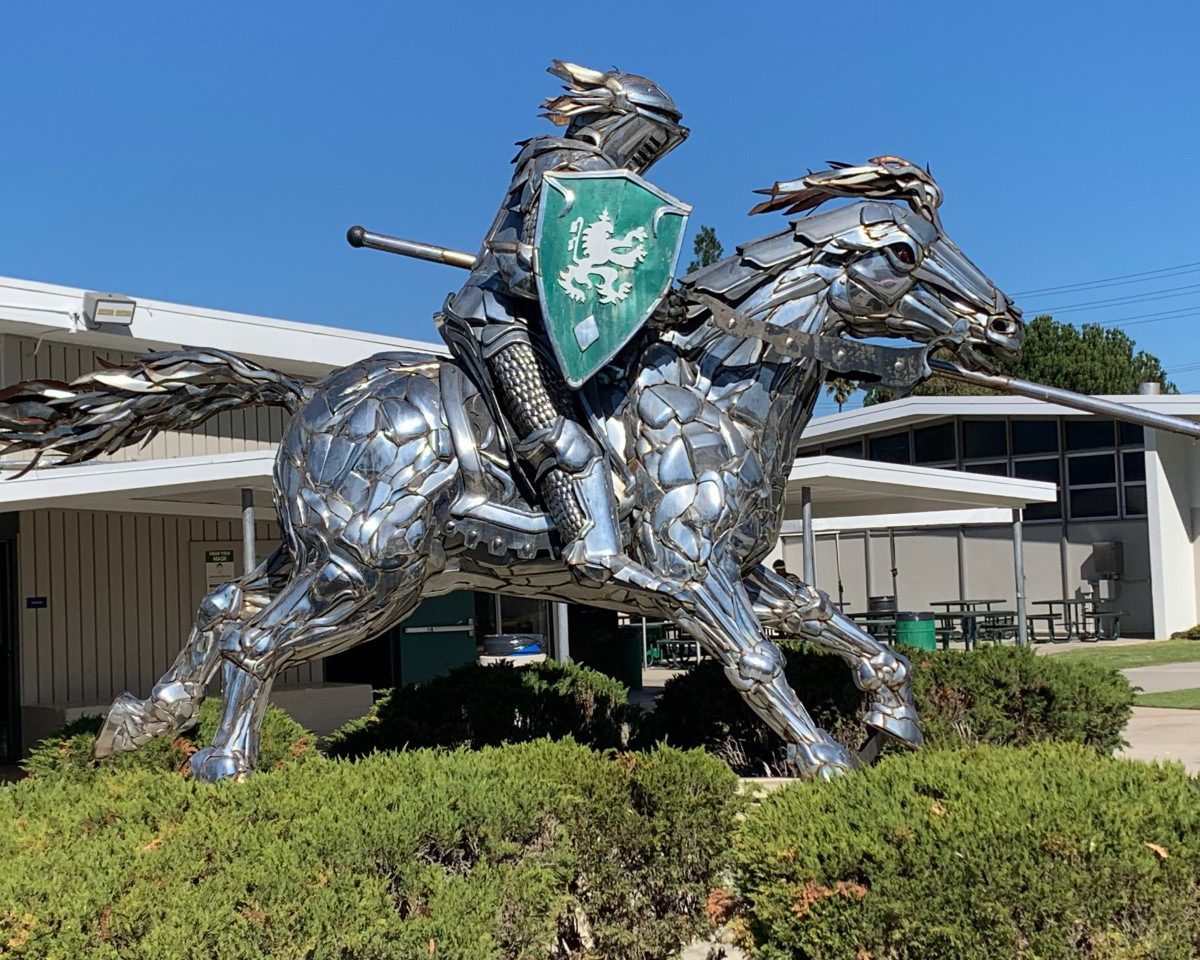In 1992, the Professional and Amateur Sports Protection Act outlawed sports gambling across the United States except for a few states.
On May 14, 2018, the Supreme Court found the law unconstitutional in Murphy v. National Collegiate Athletic Association, opening the door to allow sports gambling to rise to fame. Sports gambling became increasingly more popular with the creation of apps such as ‘PrizePicks’ that make gambling quick and easily accessible, the hobby has even trickled down to high schoolers.
High school teenagers are finding ways to bypass age restrictions, diving into the world of sports betting through apps that make gambling as easy as ordering food.
According to the National Council on Problem Gambling, 60-80% of high school students have gambled in the past year, and 14-19% either fit the criteria for a gambling problem or show signs of losing control. With the rapid rise of sports gambling apps, the activity has gained traction among younger audiences, particularly teenage boys.
Online Sports Betting
An anonymous senior Jeff, who is turning 18 in April, began placing prop bets on football during his junior year. He used apps such as Underdog Fantasy and PrizePicks—popular daily fantasy sports platforms that allow users to predict player performances and win money if their picks hit.
“I’d throw five bucks on a parlay with guys I knew,” Jeff said. “If they went off that night, it felt like I won the game too.”
On these platforms, users typically choose 2 to 6 players and predict whether they’ll achieve “more” or “less” than a stat line set by the app such as LeBron James scoring over 27.5 points or Patrick Mahomes throwing for fewer than 2.5 touchdowns. The more correct picks a user hits, the greater the payout. A perfect six-pick entry can multiply a small bet by 25 times.
“When you play with money on the line, it just adds that extra incentive to the game,” Jeff said. “Instead of just rooting for my favorite team, I was also rooting for the players that I would bet on.”
This mindset is common among high schoolers experimenting with gambling. The National Council on Problem Gambling notes that adolescents are two to four times more likely to develop a gambling problem than adults and that early exposure significantly increases the odds of addiction later in life.
Jeff is down $70 in sports betting but still sees it as just entertainment and not a financial risk.
PrizePicks and Underdog Fantasy technically require users to be 18 or older, but enforcement is limited. Fake birthdays, borrowed IDs, and even using a parent’s name are common workarounds. Once inside the app, there’s little to stop underage users from betting regularly.
The combination of accessibility, peer influence, and excitement is potent. In group chats and on social media, teens share bet slips, celebrate wins, and bond over near-misses. Some even treat their betting history like a stat line, bragging about “hitting a 5-pick for $100” or “hitting a green slip.”
Expert Opinions
This thrill-seeking mentality is what drives many teens to gamble, often without fully understanding the consequences. While some see it as a casual pastime, experts warn that early exposure to gambling can lead to long-term financial and psychological risks.
Dr. Shane Kraus, a gambling disorder researcher and professor at the University of Nevada, spoke with the American Psychological Association Speaking of Psychology podcast, about access to gambling.
“Gambling disorder is classified as a behavioral addiction because it involves cravings, loss chasing, and an inability to stop despite consequences,” Kraus said.
For teens like Jeff, gambling may feel like just another game where a few dollars and some friendly competition fuel the fun. But as the lines between entertainment and addiction blur, experts caution that what begins as a harmless thrill can quietly grow into something far more damaging.










